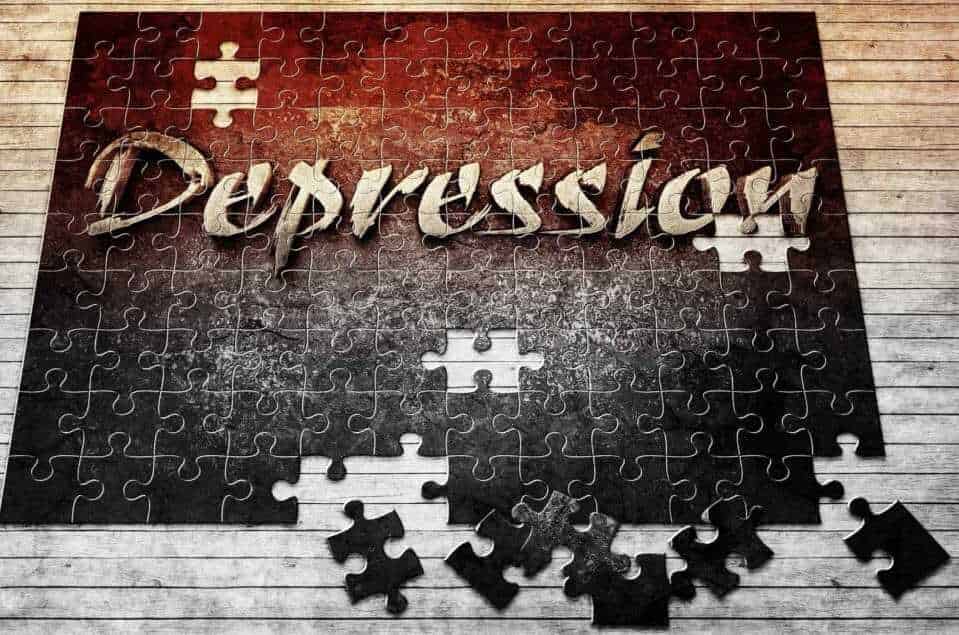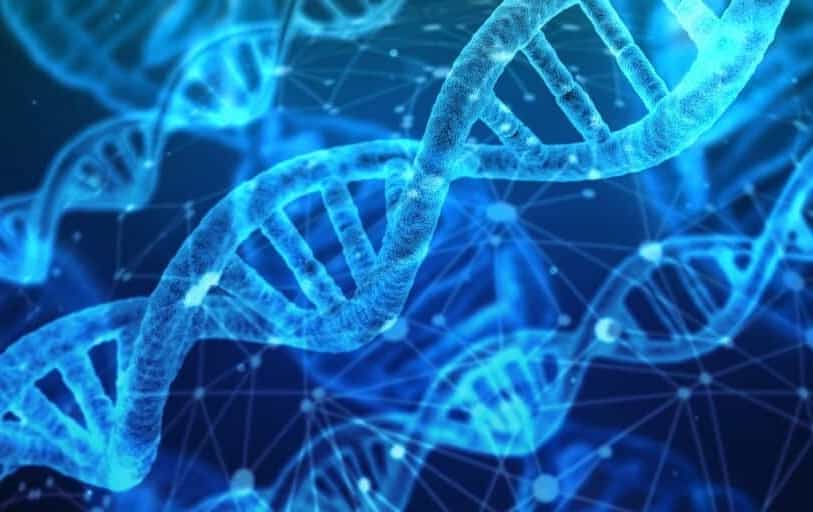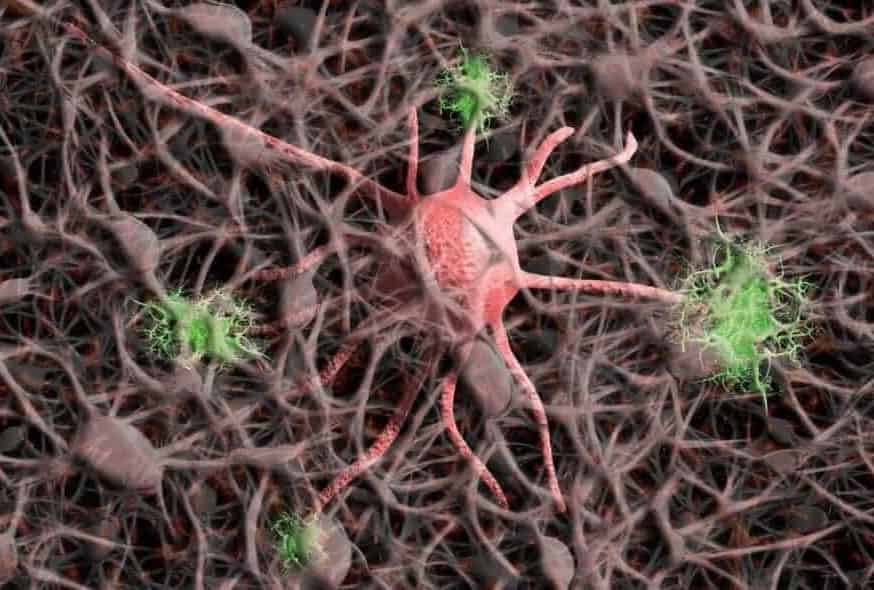Causes of depression

According to the World Health Organisation (WHO, 2020), depression is along with anxiety a highly frequent disorder with more than 300 million people affected globally. Unlike occasional mild mood changes that people experience from time to time, depression may develop into a debilitating, potentially fatal illness.
The origins of depression are in the centre of psychiatric and psychological research. Causes of depression are complex and not entirely identified. They involve multiple sources, including highly heterogeneous genetic and biological factors as well as psychosocial and environmental influences. Thus, no single cause can explain the onset of depression. There is a scientific consensus that depression originates from an interaction of biological, genetic, psychological, and social factors.

Biological Theories
The immense progress in the neurosciences, which started in the mid-20th century, showed that depressed people have in their brain an imbalance of the neurotransmitters. The neurotransmitters allow the nerve cells to communicate with each other. The neurotransmitters can be influenced by variety of factors, such as genetics, social circumstances, or physical illnesses. Treatment with anti-depressants helps to restore the balance of neurotransmitters and as its effect to remove the symptoms of depression.
Genetic Influences

A large body of evidence from family and twin studies points to genetic contributions for causing depression. The twin studies compare disease frequencies in identical twins. Only half of the identical twins gets ill if the sibling developed depression. It means that other factors than genetics contribute to the onset of depression in the second half. The family history puts their offspring at an increased risk of depression. As a result, a child with one depressed parent is 10-15% more likely to develop depression than the average. If both parents suffer of depression, the risk for their children increases to 20-40%. Such results prove the multi-factorial genesis of depression.
Environmental Exposures

Converging evidence indicates that environmental exposures, may contribute to the onset of depression. Air pollution, use of herbicides, food preservatives and other chemicals in every area of urban life can affect the activity of certain brain cells (i.e. serotonergic and dopaminergic neurons) and cell signalling substances (i.e. inflammatory cytokines). This can alter the structure of brain cells (i.e. the hippocampal neurons) and cause oxidative stress in other brain areas such as striatum and prefrontal cortex).
Psychosocial Causes

interaction within the group significantly
defines people’s wellbeing
Many studies have confirmed that among the psychosocial factors, stressful severe life events, especially in early life, are likely to contribute to the onset of depression. Furthermore, Wang et al. (2016) have established female preponderance in depression. Wang and colleagues highlight that socioeconomic status, and the severity of depression are negatively related. The scientists claim that a fourfold increased risk of depression is the attribute of sexually or physically abused women in childhood compared with women without such experiences.
In addition, the attachment theory of Bowlby (1977) claims that disrupted affectional bonds between children and caregivers have been the key contributors to psychopathology, including depression and anxiety.
Similarly, the developmental pathway from early conduct problems to adult depression explains another possible cause of depression.
Gene-Environment Interaction
The exploration of numerous genes and their influence on depression didn’t show one particular gene causing the illness. This means that an interaction of several genes is necessary to trigger the onset of depression. So even the genetic component of depression requires synchronized action of various genes.
Antidepressants remain the first-line treatment for major depressive disorder (MDD), but responses to antidepressants vary widely between individuals. Less than half of all patients get symptom free after the first course of treatment. There is still lack of predictive treatment response which means that the choice of the most effective antidepressant for a specific patient can be identified only by trial and error.
The currently available genetic tests trying to predict the effectiveness of a particular antidepressant are not showing the expected accuracy. The lack of predictability of those tests is explicable not only by the interaction of variety of different genes but also by the role of external stressor. Such evidence leads to conclusion that the onset of depression is a complex and heterogeneous process combining genetics and environmental factors.
Endogenous versus Reactive Depression

The category “endogenous” or “reactive” depression has been used in the ICD 9 diagnostic manual. In ICD 10 the diagnosis is based on descriptive characteristics taking in consideration the multi factorial cause of depression. Depression can have internal (endogenous) or external (reactive) causes. The endogenous influence relates mostly to the above described genetic and neurobiological factors. The reactive aspect of depression is influenced by verity external circumstance.
Reactive Depression
The “reactive depression” is caused by external circumstances. The triggering factors can be social isolation, hostile environment, personal loses or as the consequence of personal failures. Anyone can develop the disorder in response to such triggering events. The symptoms caused by the reactive depression usually disappear after solving the external problems.
Endogenous Depression

Determining the cause of depression is always difficult. Depression can develop at any age, with or without major external events. Endogenous depression refers to a type of depression that has no apparent external cause such as stress, trauma, or grief. This suggests that genetic or biological factors are the main root cause for this type of depression. Unexpectedly people who are successful, live active lives, have intact families, and no obvious reasons for being sad, become depressed. This type responds well to the treatment with medication supported by psychotherapy.
Frequency, ethnic and gender differences

on the development of depression
- This condition occurs in people of all cultures, all social classes, and nationalities
- Race or an ethnic origin has no influence on the development of depression.
- Currently there are mathematically 340 million cases of depression existing worldwide.
- Whilst approximately 25% of adult women develop depression only about 10 % of all men affected.
- 20% of all German develop depression once in their life. Worldwide figures vary between 8-20%.
- The average age of manifestation of a depressive disorder lies between the ages of 20 – 40.
Conclusion
- Depression is a common disorder that obstructs psychosocial functioning and markedly decreases the quality of life.
- There is a general scientific opinion that the disorder results from an interaction of psychological, biological, social and environmental factors.
- Uncertain origins and an unpredictable trajectory of depression pose challenges for health care professionals.
- Depression is one of the extreme mood swings occurring in bipolar disorder.
- Evidence demonstrates that combining pharmacological treatment and psychotherapy is more effective than either program alone.
- A qualified therapy for depression can restore the overall psychological functioning with full mental and psychosocial recovery.

DR. GREGOR KOWAL
Senior Consultant in Psychiatry,
Psychotherapy And Family Medicine
(German Board)
Call +971 4 457 4240
